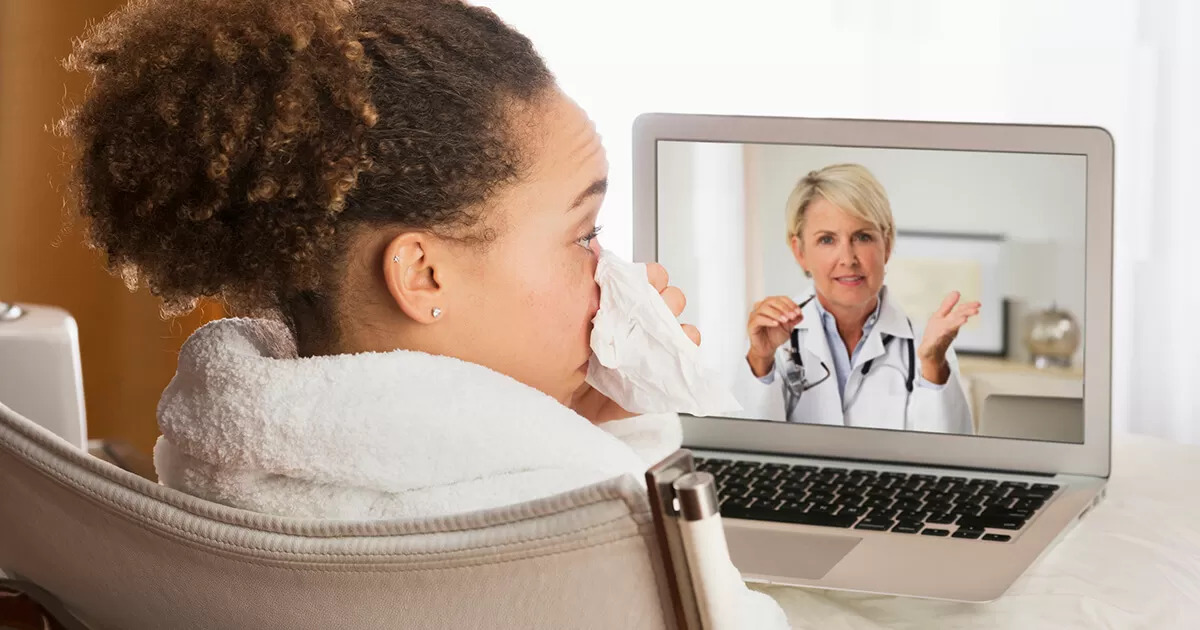It’s a Match! Telemedicine and a Healthier You

My parents, born in pre-war Hungary and Poland, were introduced in New York through a matchmaker. That was the custom of the times. They had a happy marriage despite the reality that the matchmaker gave incomplete and sometimes incorrect information to them and to their respective families. Their union blossomed because they used what the matchmaker provided as a starting point for deeper discussions on what mattered to them. The matchmaker's information was only the first stage in finding common ground and forging a strong bond of trust.
The search engine is our "matchmaker." What comes back with each search is a deluge of information: some valuable, some wildly inaccurate. For people who suffer from health anxiety, the results of health searches may intensify anxiety, not relieve it, especially if these results spur many hours of internet searching.
Health care providers now recognize that most patients will consult the internet before consulting them. It's important to use the information acquired through the internet as my parents did with the information the matchmaker provided to them–as a starting point, not as the end-all and be-all. In searching on the internet, we need to consider the reputation of the information source, the motives of those behind the website, and our personal beliefs and preferences. We have to take our time reading through and linking, keeping track of what we learn and what concerns us. The information we acquire should set up personal and meaningful conversations with those to whom we entrust our health.

My parents, Erika and Stanley Fleischer, born in pre-war Hungary and Poland, were introduced by a matchmaker in New York
Searching on our own, using symptom checkers, even joining support or advocacy groups are all parts of an expanding field called telemedicine. Increasingly, telemedicine includes health care counseling done "remotely"—that is, through telecommunications, and not face to face. Sometimes this is to complement routine care, and in other circumstances, it's to provide specialized services not available locally. Advances in computing, sensing, data transfer, video and other technologies mean that telemedicine will, in the foreseeable future, become a larger part of our healthcare. That's all the more reason to make certain that we provide the best-quality information to our healthcare team, and to use what is learned on the internet as a starting point for deeper discussions.
As a doctor, I am enthusiastic about the future of telemedicine, even as I recognize that there will always be a role for the human touch. A doctor cannot reach through the computer screen to hold a patient or a parent's hand when delivering health news.
Dr. Roslyn F. Schneider was previously the Global Patient Affairs Lead driving patient-centricity within Pfizer's Medical Organization. Previously, she was also in clinical practice and medical education for twenty years in New York City.





